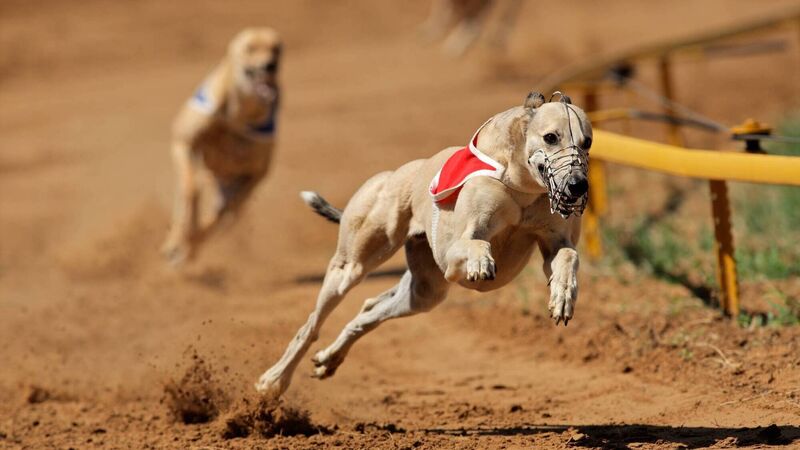Pete the Vet: Should the government stop funding greyhound racing?

Since 2018, attendance at greyhound races in Ireland has plummeted by 55%.
Try from €1.50 / week
SUBSCRIBEGreyhounds have been used as hunting animals for thousands of years, prized for their keen eyesight and speed.
In Ireland, coursing (chasing hares) has been common since the nineteenth century, while the sport of greyhound racing is a more recent development, from the late 1920s onwards. There are 14 greyhound racing tracks in Ireland, with most operated by the semi-state body, Greyhound Racing Ireland (GRI). GRI has had six CEOs since 2005, with the latest one, Dearbhla O’Brien, standing down last month, after less than a year in the job.
Already a subscriber? Sign in
You have reached your article limit.
Annual €130 €80
Best value
Monthly €12€6 / month
Introductory offers for new customers. Annual billed once for first year. Renews at €130. Monthly initial discount (first 3 months) billed monthly, then €12 a month. Ts&Cs apply.
CONNECT WITH US TODAY
Be the first to know the latest news and updates
Newsletter
The best food, health, entertainment and lifestyle content from the Irish Examiner, direct to your inbox.
Newsletter
The best food, health, entertainment and lifestyle content from the Irish Examiner, direct to your inbox.
© Examiner Echo Group Limited